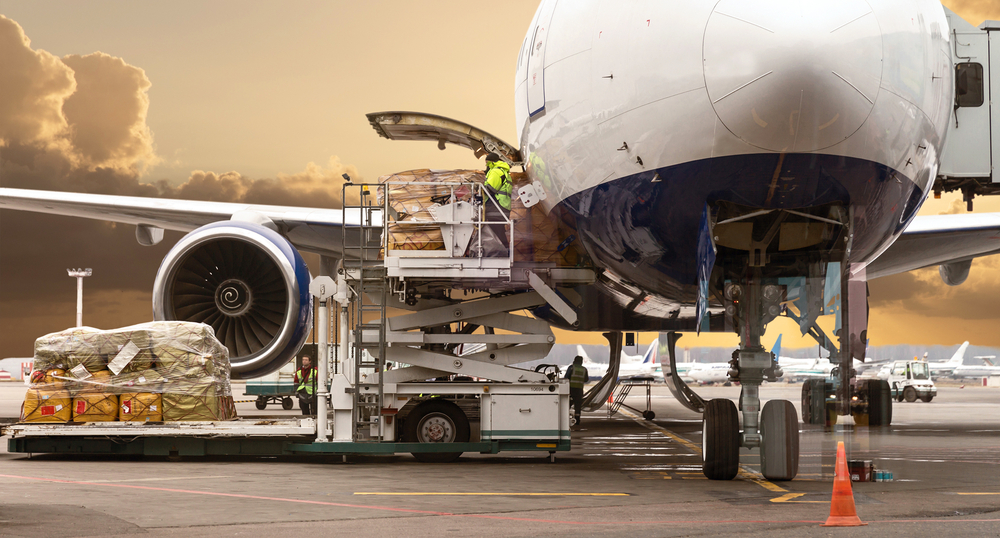Hospitality firm Levy drops airfreight in green push
03 / 08 / 2021

Copyright: Shutterstock
Hospitality firm Levy UK & Ireland has dropped the use of airfreight in its supply chain as it looks reduce its environmental impact and focus on more local produce.
The company, which designs menus for high profile venues in the UK such as Tottenham Hotspur Stadium, The O2 arena and the All England Lawn Tennis Club at Wimbledon, said the “industry-first” decision had been developed and deployed throughout 2021.
The move “represents a significant step towards the company’s carbon-neutral ambitions” and its “commitment to measuring and actively reducing carbon impact as a food business across its venue portfolio”.
The company pointed to statistics from the International Transport Forum that show freight transport collectively accounts for more than 7% of all global emissions.
“Airfreight is thought to be the most carbon-intensive method of transporting fresh produce,” the company said.
The company hopes to increase its use of seasonal produce from the UK and other modes of transport.
Jon Davies, managing director of Levy UK & Ireland, said: “It has long been our ambition as a company to divest from the use of airfreight in our procurement and supply chains.
“On the procurement side, it’s about finding alternatives to airfreight that are less harmful to the environment. Lots of green vegetables which can be grown right here in the UK are unnecessarily imported from abroad via this method, which carries a huge cost to the health of our planet.
“We will still supply produce such as tropical fruits and avocados where there is demand, but it’s about finding producers closer to home – continental Europe, for example – or less harmful methods of transportation that reduce our carbon impact on the planet, such as boat, road or rail.”
The company is not the first in the perishables supply chain to halt the use of airfreight.
In November last year, Faroe Islands-based salmon producer Hiddenfjord announced that it would stop the use of airfreight in its supply chain on environmental grounds.
While the decision to cut out airfreight on environmental grounds isn’t too much of a surprise, the timing of the decision is interesting.
The UK’s supply chains are currently under pressure due to truck driver shortages, while the horticulture industry is also facing up to a labour shortage.
Covid has also had an impact on supply chains over the past year as drivers have faced extra checks at borders, while isolation requirements have resulted in worker shortages in some sectors.
Maintaining product quality — given the shorter transit times — is often seen as one of the key advantages of using airfreight.
However, developments in container and packaging quality to keep produce fresh for longer is helping to close the gap.
At least one company has taken the opposite approach. Faroe Islands fish farmer Bakkafrost is backing a new air cargo carrier.
A new company backed by the fish farmer plans to acquire an aircraft to transport fish from the islands to the US. Currently, the fish are first shipped to the UK or Denmark before being flown across the Atlantic.
Capacity would be available to other exporters from the islands, while on the return the flight would likely include a stop off to help fill the aircraft.














